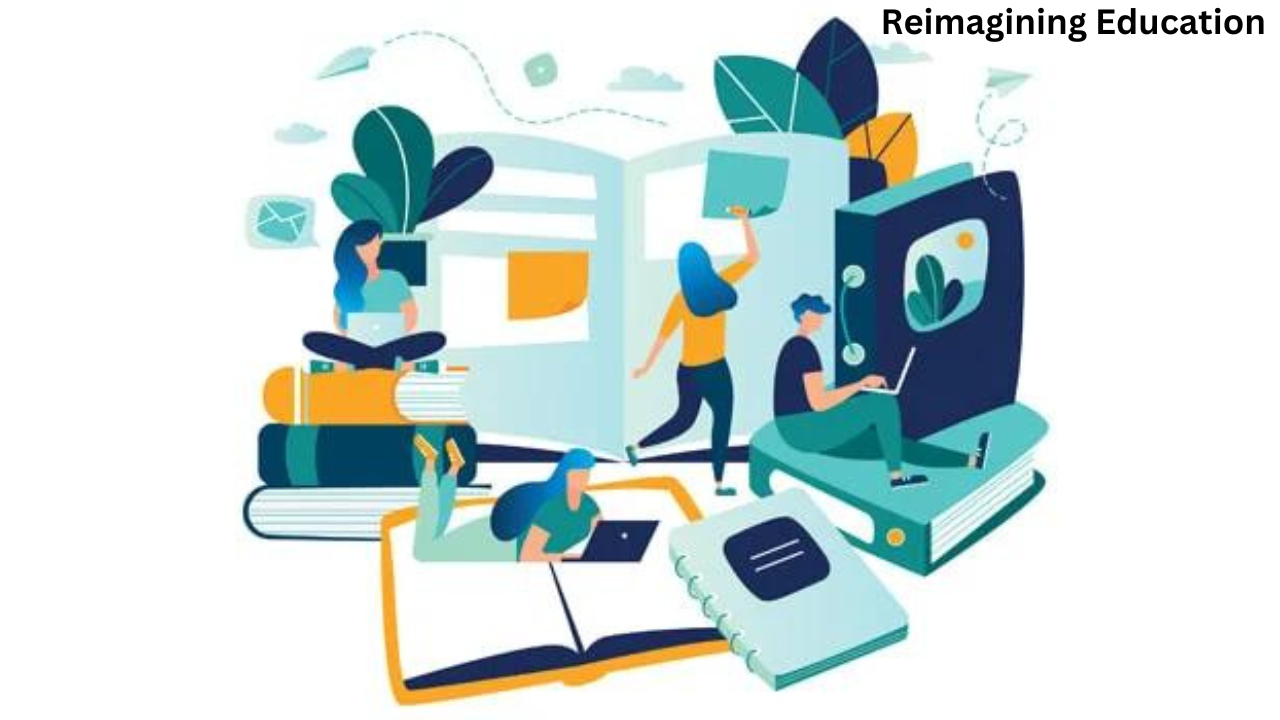Title: “Reimagining Education: Transforming Learning for the Digital Era”
Introduction:
In the ever-evolving landscape of the 21st century, traditional education systems are facing unprecedented challenges and opportunities. The rapid advancement of technology, coupled with shifting societal paradigms, demands a fundamental reevaluation of how we approach learning. This article explores the concept of educational renaissance, envisioning a future where education is reinvented to meet the needs of the digital age.
- The Digital Revolution and Education:
- The pervasive influence of technology on every aspect of society.
- Impacts of the digital revolution on traditional educational models.
- The need for education to adapt and embrace technological advancements.
- Challenges Facing Traditional Education:
- Outdated pedagogical methods and curriculum.
- Inequality in access to quality education.
- Lack of engagement and relevance for digital-native learners.
- Opportunities for Transformation:
- Leveraging technology to personalize learning experiences.
- Breaking down geographical barriers through online education.
- Fostering collaboration and creativity in digital learning environments.
- Redefining Learning Spaces:
- The rise of virtual classrooms and remote learning.
- Blending physical and digital spaces for enhanced learning outcomes.
- Creating inclusive and accessible learning environments for all.
- Empowering Educators:
- Providing professional development opportunities for digital literacy.
- Encouraging innovation and experimentation in teaching practices.
- Supporting educators in navigating the complexities of the digital age.
- The Role of Artificial Intelligence in Education:
- Harnessing AI to personalize learning pathways for students.
- Automating administrative tasks to free up educators’ time.
- Ethical considerations and potential pitfalls of AI integration in education.
- Cultivating Critical Thinking and Digital Citizenship:
- Teaching students to evaluate and navigate vast amounts of information.
- Instilling ethical principles and responsible use of technology.
- Preparing students to thrive in a rapidly changing digital landscape.
- Bridging the Digital Divide:
- Addressing disparities in access to technology and internet connectivity.
- Implementing initiatives to provide digital resources to underserved communities.
- Ensuring equitable opportunities for all learners, regardless of socioeconomic background.
- Building Partnerships for Educational Innovation:
- Collaborating with industry leaders to develop cutting-edge educational tools.
- Engaging parents and communities in the educational process.
- Fostering interdisciplinary collaboration to tackle complex challenges in education.
- The Road Ahead:
- Embracing a mindset of continuous adaptation and improvement.
- Investing in research and development to drive educational innovation.
- Empowering learners to become active participants in shaping their own educational journeys.
Conclusion:
As we stand on the precipice of a new era, the need for educational renaissance has never been more apparent. By embracing the opportunities presented by the digital age and reimagining education for the 21st century, we have the potential to unlock the full promise of human potential and create a more equitable and prosperous future for all.
